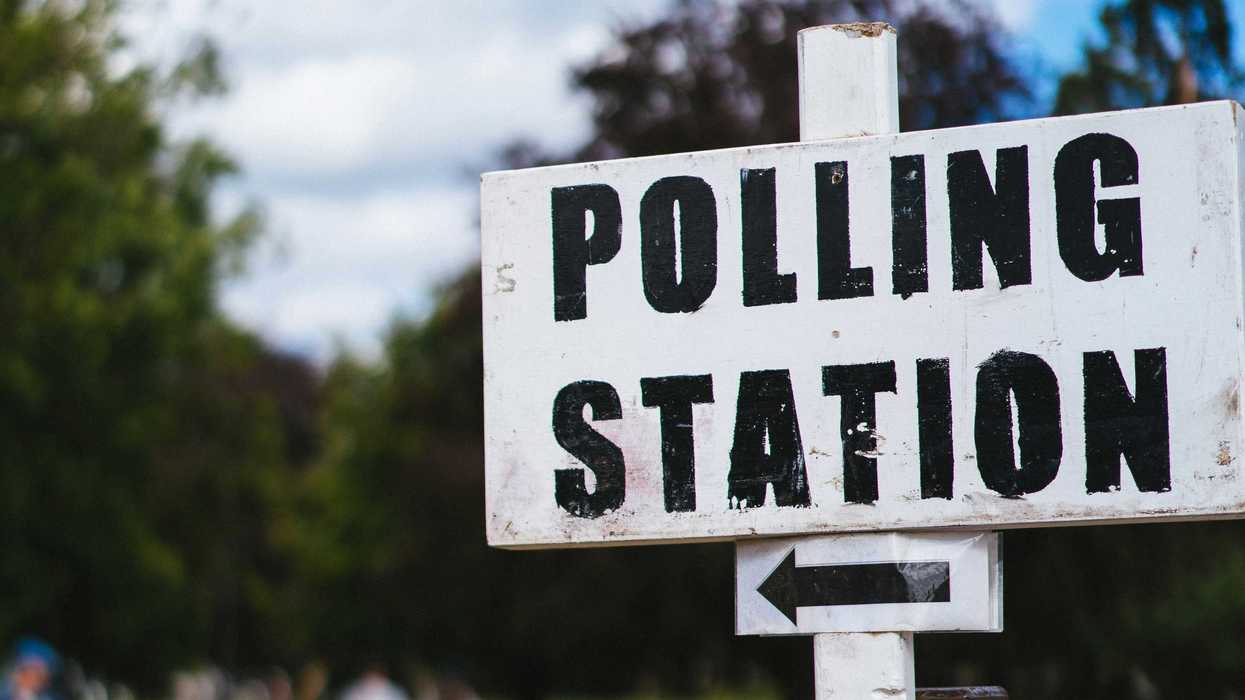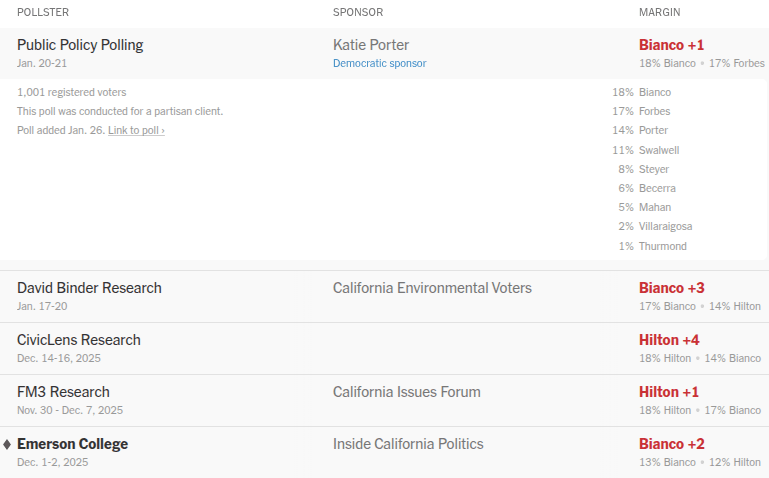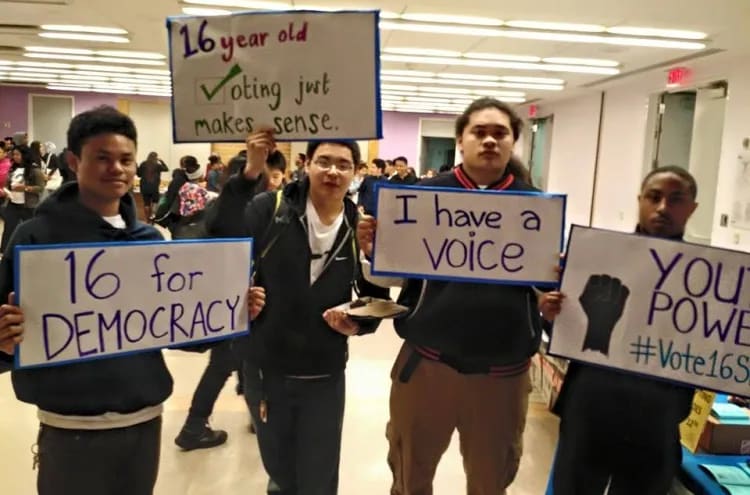Let's see. ... The Constitution still works. Capitalism still works. Americans even agree on many basic human values. Yet something is amiss. It is as if we have forgotten how to be We The People. We will explain.
The organizations who are members of Citizenconnect.us were founded by people from all walks of life, political parties, races, identities, and religions. What they have in common is a conviction that America is stronger if we, the people, work together. It isn’t about agreeing on everything; it’s about finding what we can agree on and making it happen. This means that all the organizations on this site also share a set of core principles:
Civility
We treat one another with dignity and respect.
Fairness
We value diverse perspectives and work to achieve balanced outcomes.
Reason
We use fact-based deliberation to find common ground and practical solutions.
Citizen Connect has over 500 organizations focused on everything from election reform to civic education to restoring civil dialogue. They’re run by people who span the political spectrum – Republicans, Democrats and Independents. Check out our featured organizations below – or use our search tools to find your perfect match. Explore, learn more, then get connected!





















